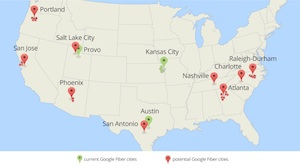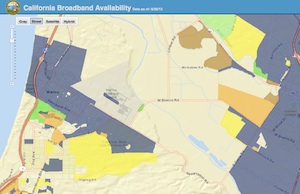Linux marches to the beat of broadband growth

Most of the world’s personal computers run on Microsoft Windows. Gartner, a tech industry research group, says that the 280 million Windows boxes shipped last year swamped 12.5 million Macs and 2.9 million Chromebooks. But Gartner is also predicting that the Linux-based Chrome operating system will overtake the Mac OS by 2016.
… More“There’s a couple of reasons – one is the number of vendors who are now pushing a [Chromebook] device,” explained Ranjit Atwal, research director at the firm.









